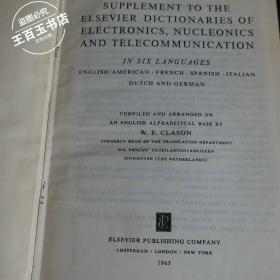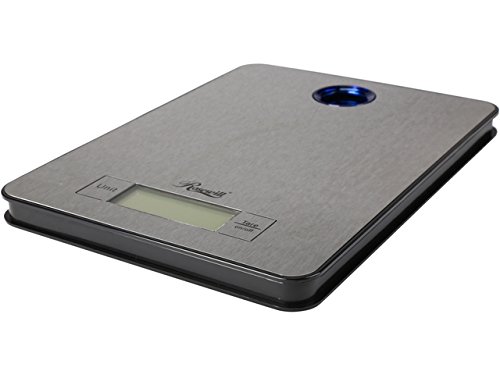随着科技的进步,电子词典日益普及,但传统印刷词典是否会被取代成为了一个热议的话题。电子词典具有便捷性、实时更新等优点,但也存在依赖电力、阅读体验可能不如纸质书籍等缺点。尽管电子词典在特定场合有其优势,但传统印刷词典仍具有不可替代的地位。电子词典与传统印刷词典各有优劣,未来两者将共存发展,电子词典不会完全取代传统印刷词典。
In recent years, the rise of technology has transformed the way we learn and interact with information. Electronic dictionaries are becoming increasingly popular as a result of their convenience and accessibility. However, this trend has led to a question: will electronic dictionaries replace traditional print dictionaries? This essay explores both sides of the argument to determine whether this shift is inevitable or if there is still a place for print dictionaries.
Firstly, it is important to acknowledge the convenience and practicality of electronic dictionaries. With the advent of smartphones and tablets, electronic dictionaries are easily accessible and can be updated in real-time. They provide instant access to a vast amount of information, including definitions, synonyms, examples, and even pronunciation. Moreover, electronic dictionaries often come with additional features such as voice recognition, TTS (Text-to-Speech) technology, and search capabilities that enhance the user experience. This technology has made learning languages more dynamic and interactive.
However, despite the popularity of electronic dictionaries, there are several reasons why print dictionaries will continue to exist. Firstly, print dictionaries provide a physical sense of ownership and a sense of security. Many learners prefer to hold a physical book in their hands and flip through the pages to find the information they need. The tactile experience of flipping pages and the feel of a book in hand cannot be replaced by an electronic device.
Secondly, print dictionaries offer an offline learning experience that is not dependent on technology or internet connectivity. In areas where there is limited or no access to technology, print dictionaries remain the most reliable tool for language learning. Additionally, some learners prefer the traditional method of looking up words in a book as it allows them to focus more deeply on the task without being distracted by other features on an electronic device.
Moreover, print dictionaries are often more reliable in terms of accuracy and quality control. While electronic dictionaries can be updated regularly, there is still a risk of errors or inaccuracies in the information provided. Print dictionaries undergo rigorous editing and quality control processes that ensure accuracy and reliability. This is particularly important for academic or research purposes where precise information is crucial.
Furthermore, print dictionaries provide a historical perspective that cannot be found in electronic dictionaries. As language evolves, print dictionaries document the changes and provide a record of historical usage. This historical context is important for understanding the development of language and its cultural implications. Electronic dictionaries may not provide this depth of historical information or context as they focus primarily on current usage.
Lastly, print dictionaries are often more affordable than electronic alternatives. While some high-end electronic dictionaries may have a higher upfront cost, print dictionaries are generally less expensive and more accessible to a wider range of learners. This affordability makes them more viable for schools, libraries, and other educational institutions that need to provide language learning resources to a large number of learners.
In conclusion, while electronic dictionaries are becoming increasingly popular due to their convenience and accessibility, it is unlikely that they will completely replace print dictionaries. Both have their own unique advantages and disadvantages that cater to different learning styles and preferences. Print dictionaries provide a sense of ownership, offline learning opportunities, accuracy, reliability, historical context, and affordability that cannot be replicated by electronic alternatives. Therefore, it is likely that both print and electronic dictionaries will coexist in the future as tools for language learning.




 京公网安备11000000000001号
京公网安备11000000000001号 京ICP备11000001号
京ICP备11000001号
还没有评论,来说两句吧...